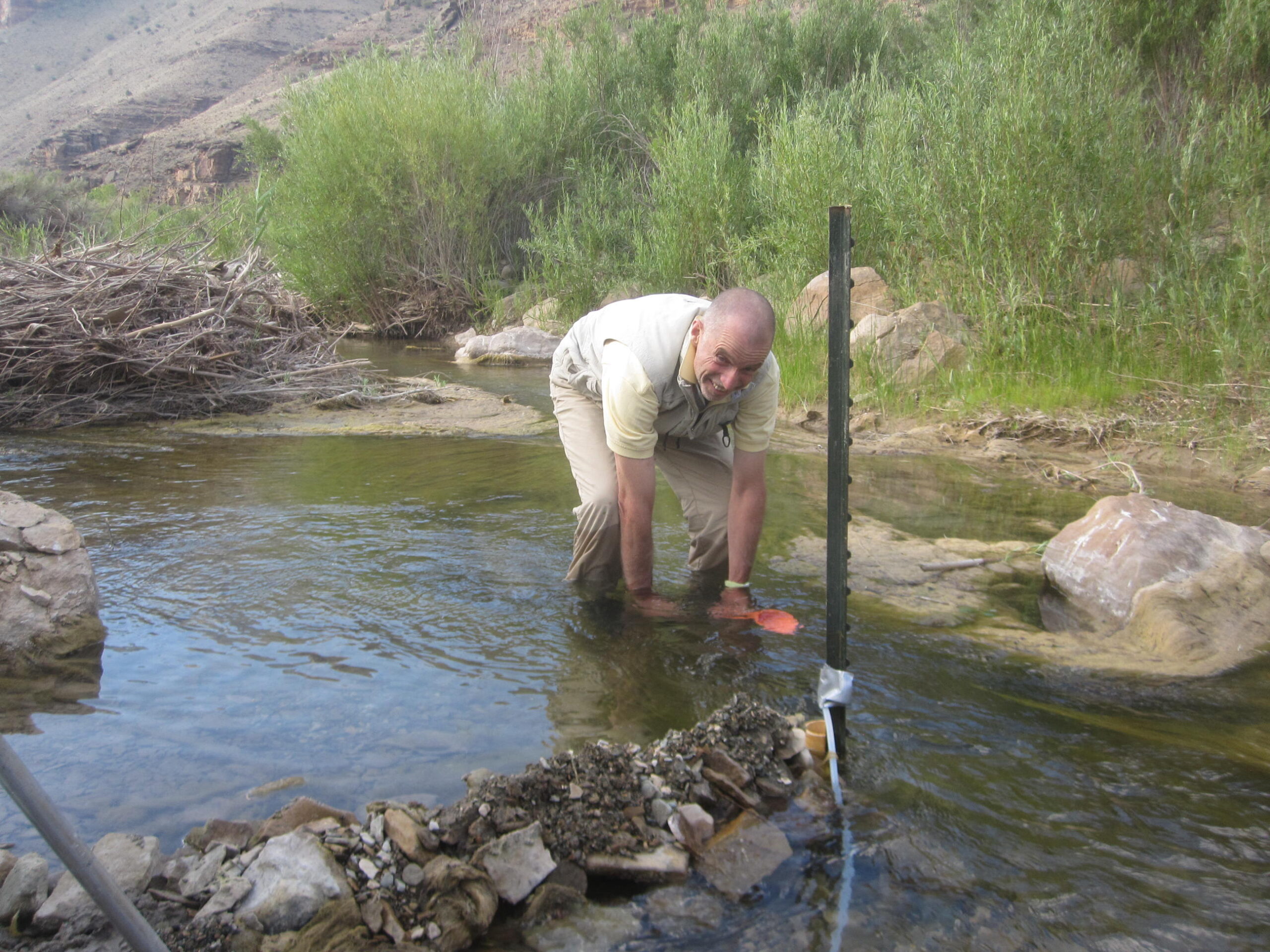


A deeper understanding of methane could help scientists better address these impacts – including potentially through methane removal.
While it is reasonable for governments to keep the most sensitive aspects of nuclear policies secret, the rights of their citizens to have access to general knowledge about these issues is equally valid so they may know about the consequences to themselves and their country.
Advancing the U.S. leadership in emerging biotechnology is a strategic imperative, one that will shape regional development within the U.S., economic competitiveness abroad, and our national security for decades to come.
Inconsistent metrics and opaque reporting make future AI power‑demand estimates extremely uncertain, leaving grid planners in the dark and climate targets on the line